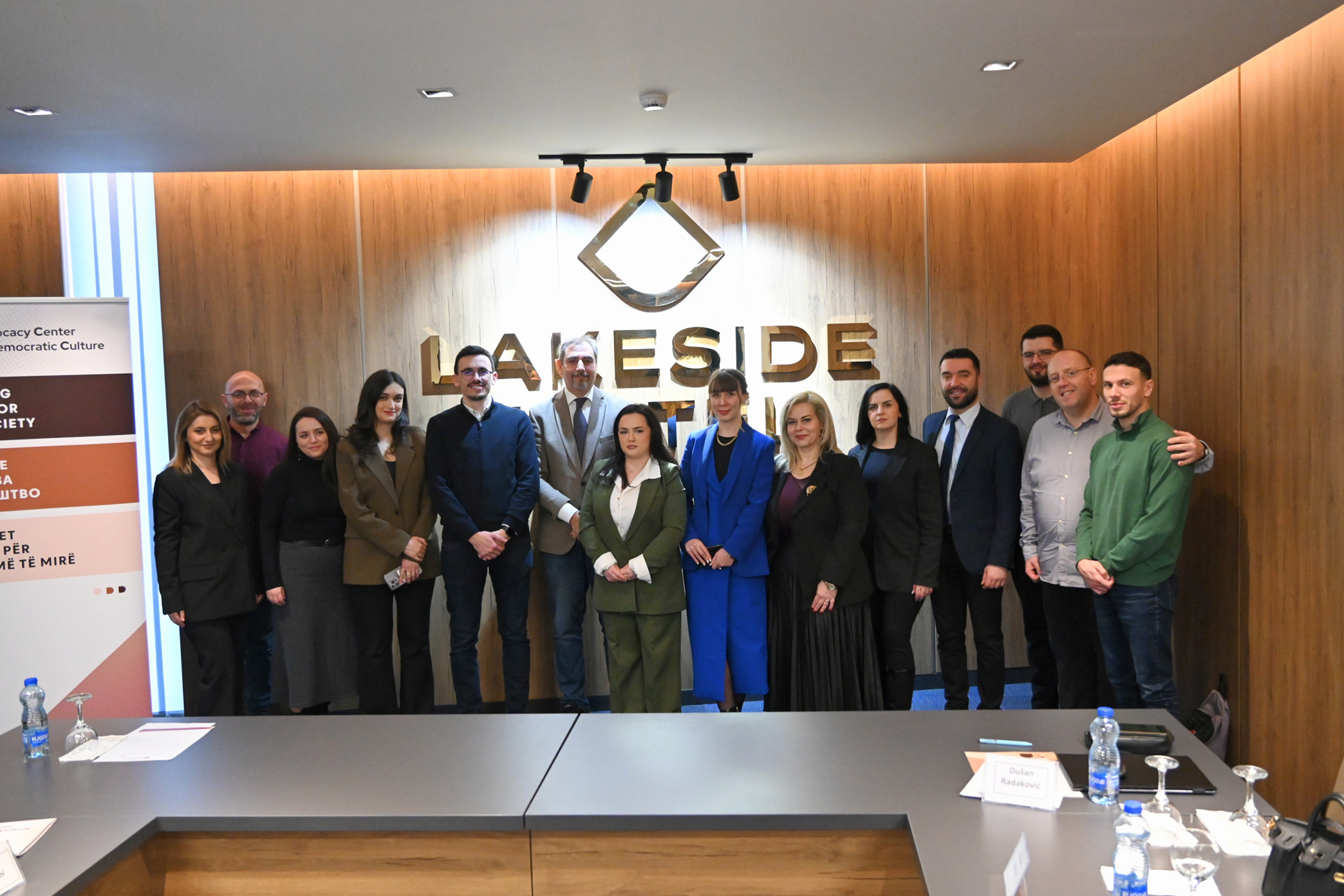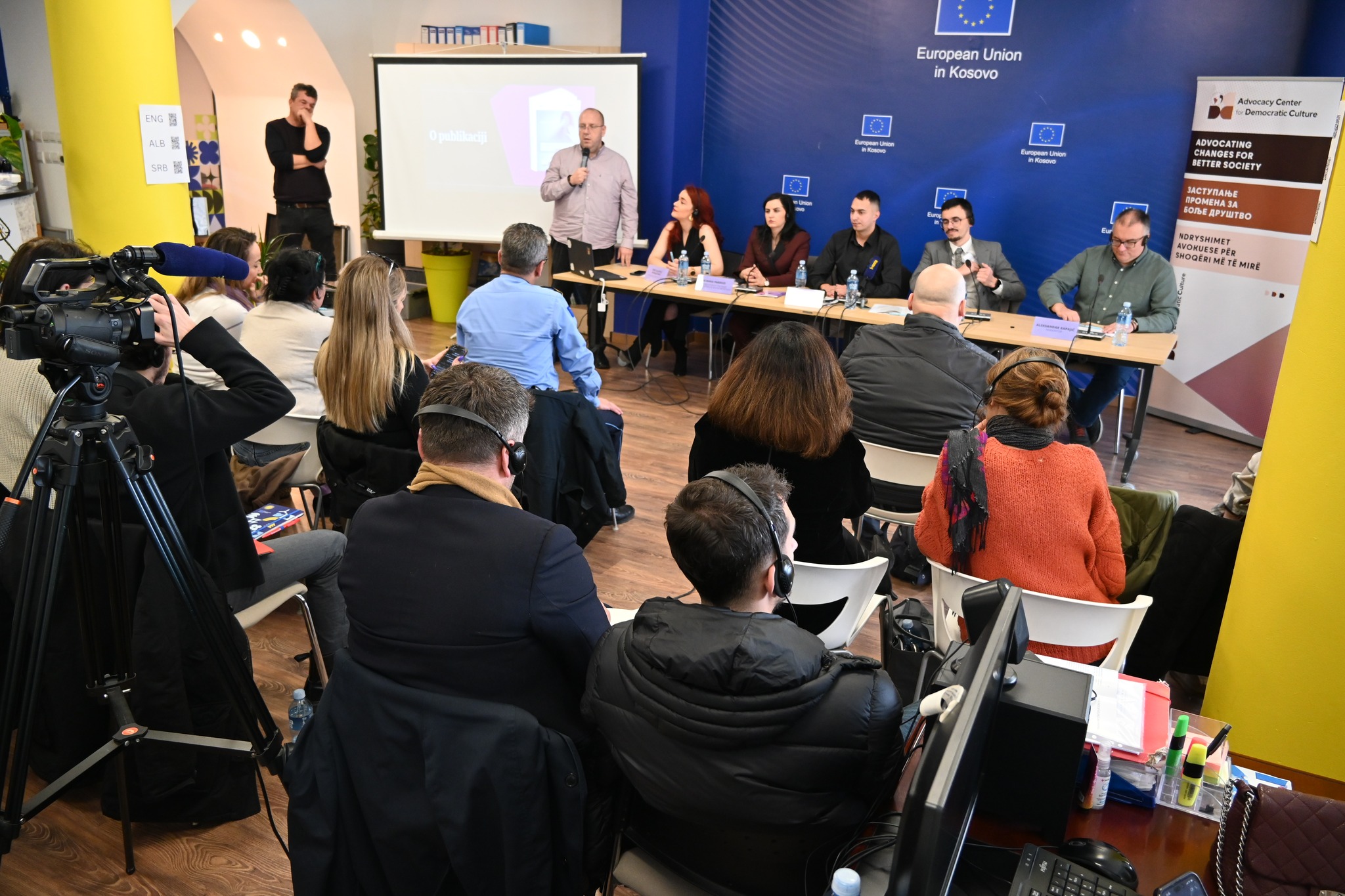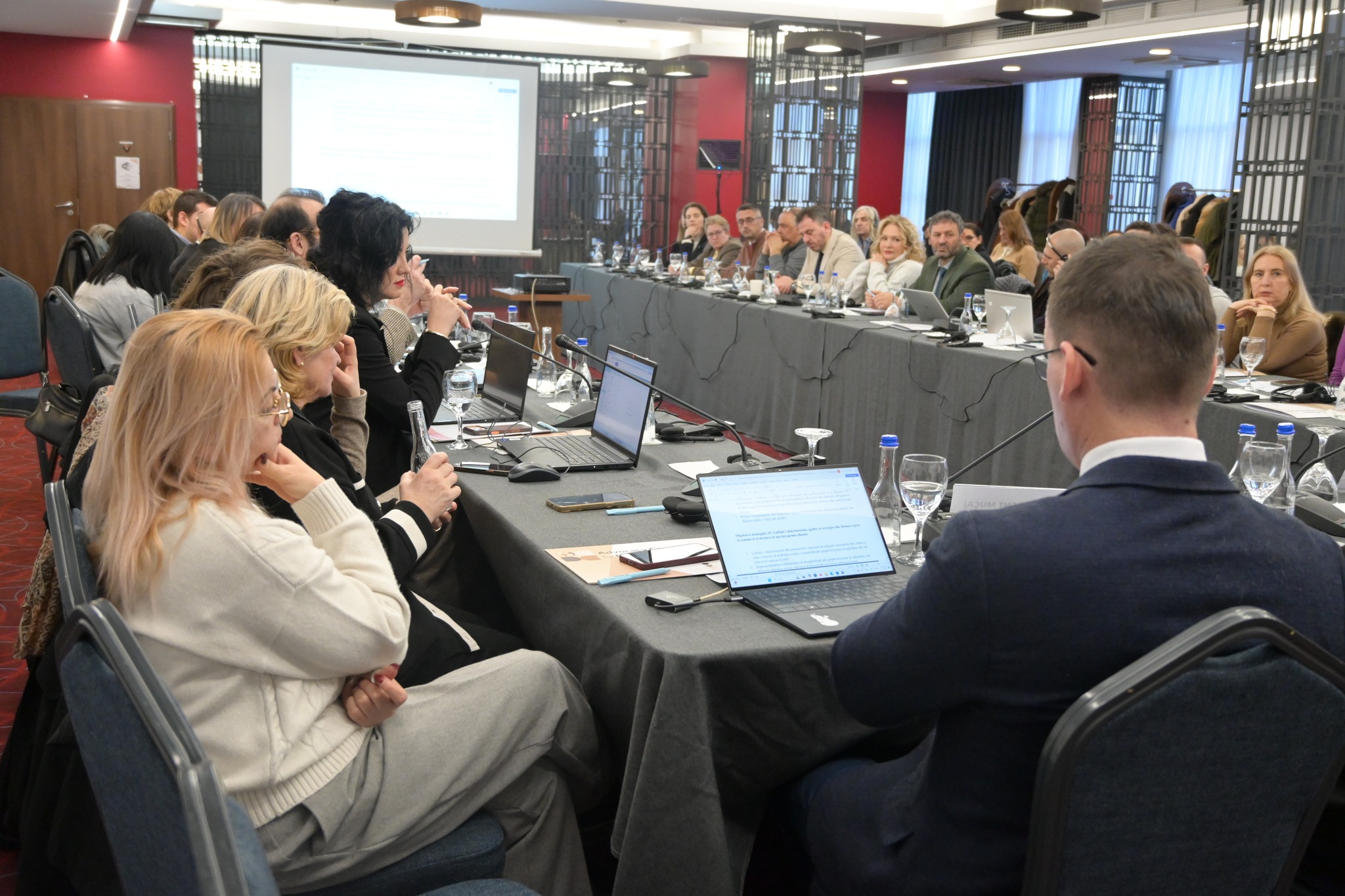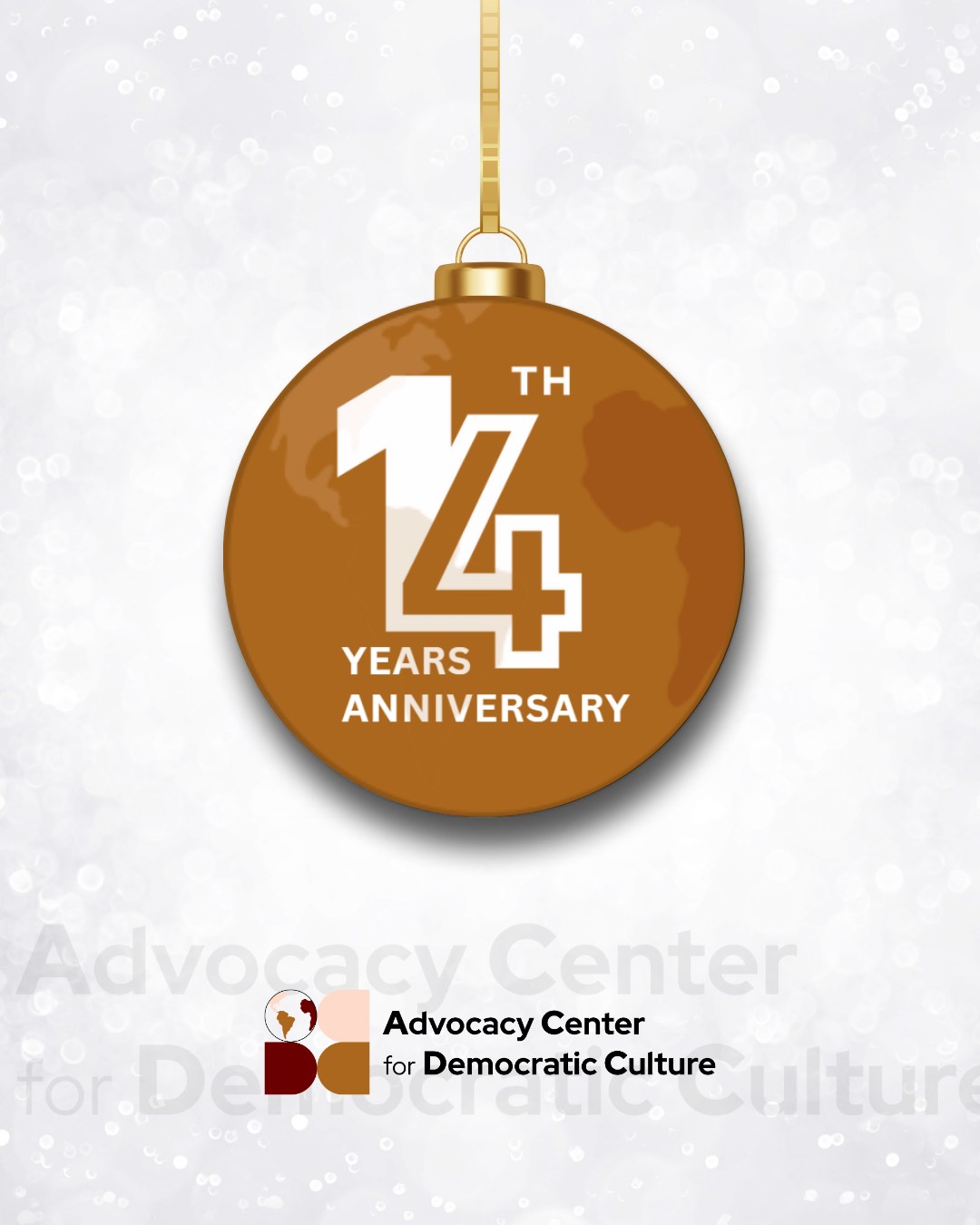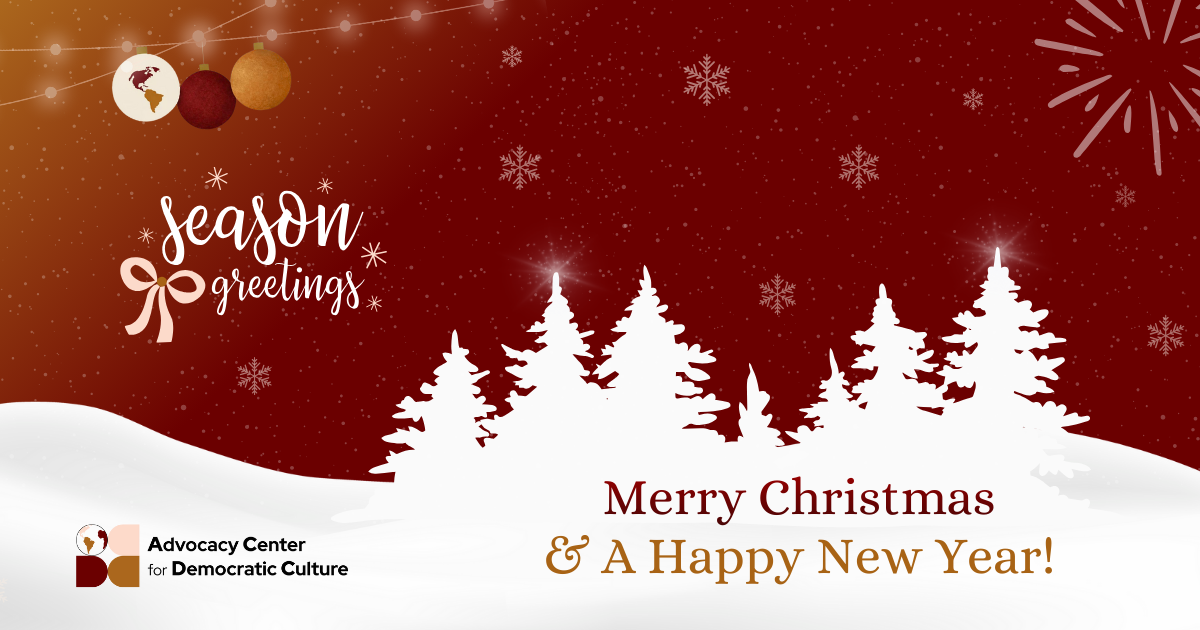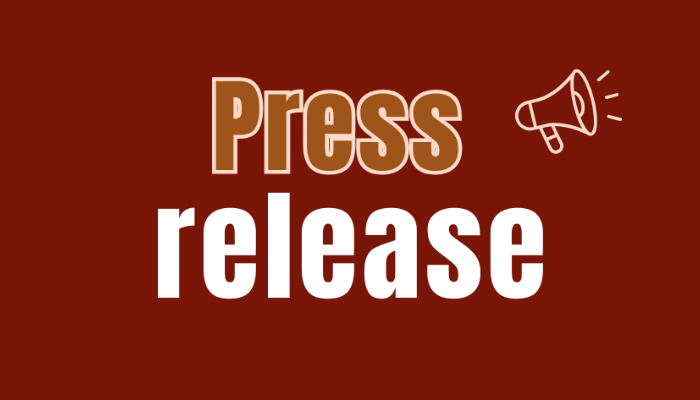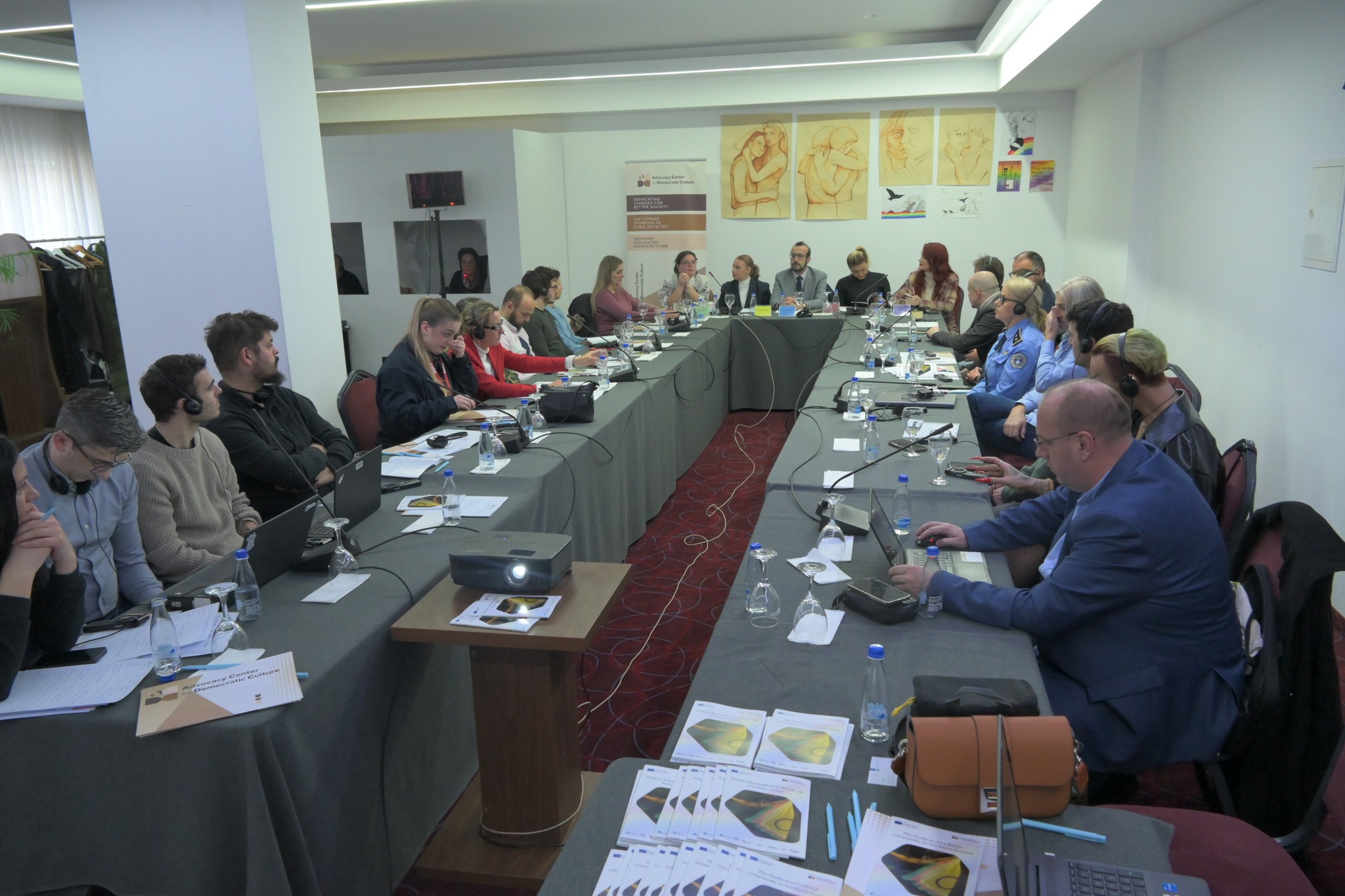10.08.2023. » 06:27
OP - ED Advancing Human Rights in Kosovo: A Journey Towards Equality and Fairness
Erzan Sejdiu, a student at IBC-M, underscores the challenges Kosovo faces in advancing human rights and equality and calls for collective efforts to create an inclusive society that values the rights and dignity of every individual.
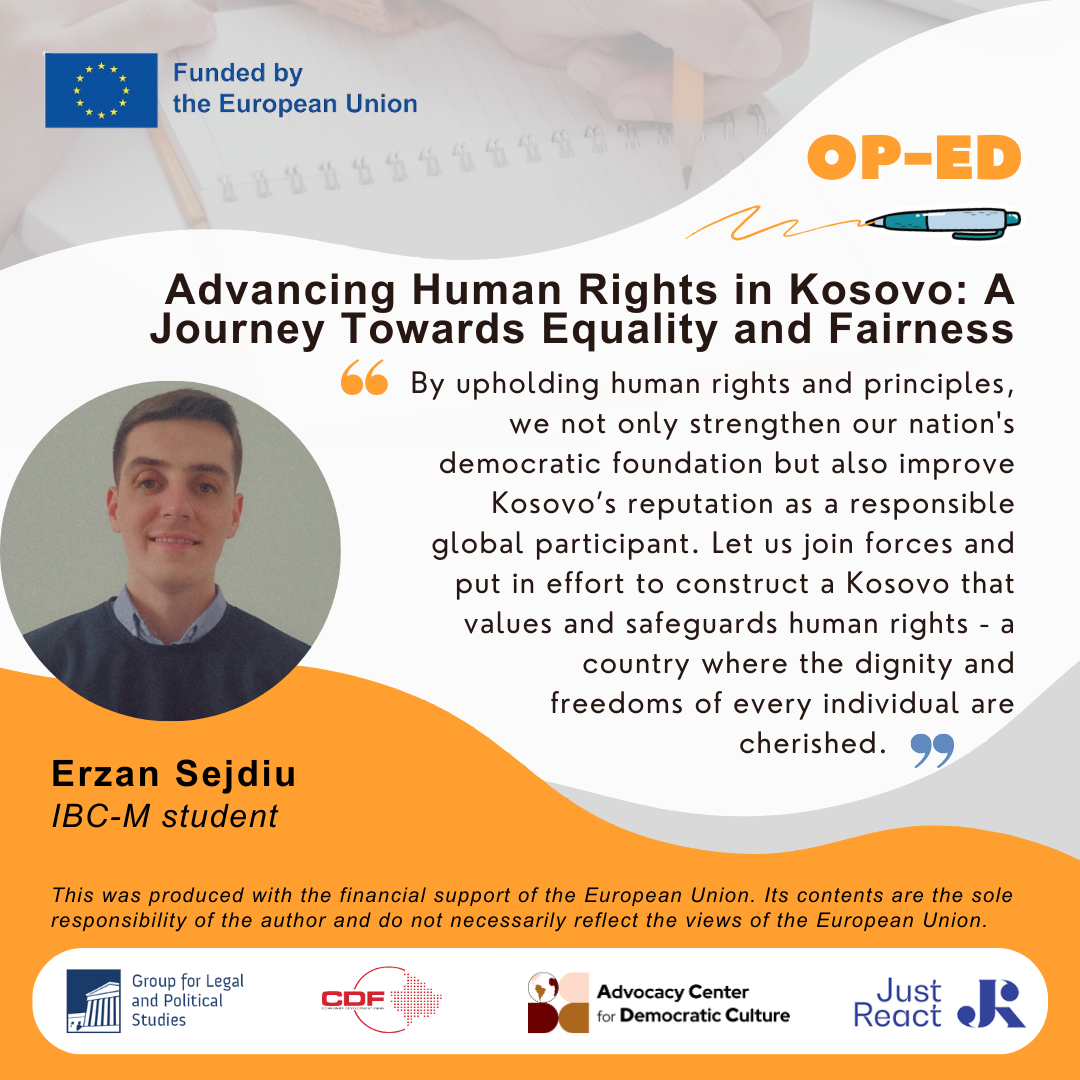
Kosovo, a nation striving to establish a society, finds itself at a critical moment in its history. It recognizes the importance of safeguarding and promoting rights within its borders as an active participant in international agreements. This article delves into the human rights challenges faced by Kosovo and emphasizes the collective endeavor required to construct a society built on equality, justice, and respect for all.
Protection of Minority Rights and Ensuring Inclusivity:
One of the key focal points concerning human rights in Kosovo centers around safeguarding minority rights and fostering inclusivity. It is imperative that all ethnic, religious, and linguistic groups are provided with opportunities for representation. By embracing diversity and facilitating the participation of minorities in decision-making processes, societal harmony and mutual understanding can be nurtured.
Preserving Freedom of Expression and Media Pluralism:
Ensuring freedom of expression and media pluralism is fundamental to upholding democracy. In Kosovo, creating an environment where journalists and media outlets can operate independently without fear of censorship or intimidation holds importance. Safeguarding this core right strengthens transparency, accountability discourse, thus cultivating a citizenry actively engaged in societal matters.
Promoting gender equality and empowering women are objectives in protecting rights in Kosovo:
Although there have been advancements in legislation, there are still challenges such as gender-based violence and limited representation of women in decision-making roles. By addressing these issues and implementing policies for gender equality, Kosovo can create an inclusive and fair society that benefits everyone.
Guaranteeing access to justice for all individuals regardless of their socio-economic status is vital for upholding rights. It is essential to strengthen the rule of law, combat corruption, and improve the efficiency of the system to foster trust in the framework and ensure the timely resolution of disputes. Everyone deserves to have a chance, no matter what community they are based on, ethnicity, or religion.
Kosovo has a history of displacement due to conflicts, which necessitates addressing the rights of refugees and displaced persons (IDPs). Offering support opportunities for resettlement and clear pathways to citizenship for those who wish to return can contribute to healing wounds and constructing a more inclusive society rooted in reconciliation.
The journey towards safeguarding rights in Kosovo may be challenging, but it is undoubtedly worth pursuing. Kosovo can make progress in creating an equal and respectful society by giving importance to the rights of minorities, supporting freedom of speech, empowering women, improving access to justice, and addressing the rights of refugees and internally displaced people.
In this endeavor, it is crucial for the government, civil society, and the international community to collaborate. By upholding human rights and principles, we not only strengthen our nation's democratic foundation but also improve Kosovo’s reputation as a responsible global participant. Let us join forces and put in effort to construct a Kosovo that values and safeguards human rights - a country where the dignity and freedoms of every individual are cherished. In this nation, every citizen is given an opportunity to contribute to the advancement and prosperity of our country.
---
Erzan Sejdiu, the author of this text, is a student at the International Business College Mitrovica (IBC-M). Erzan has gained valuable experience in administrative, research, and sales positions, and he also participated in a semester abroad through the Erasmus+ Program.
---
This publication was created as part of the project "Improving the capacity of the Agency for Free Legal Aid in northern Kosovo”, conducted by NGO ACDC. The project is part of the JUST REACT program, which is implemented by the Community Development Fund (CDF) and the Group for Legal and Political Studies (GLPS), and funded by the European Commission.
This was produced with the financial support of the European Union. Its contents are the sole responsibility of the author and do not necessarily reflect the views of the European Union”.
Latest news

